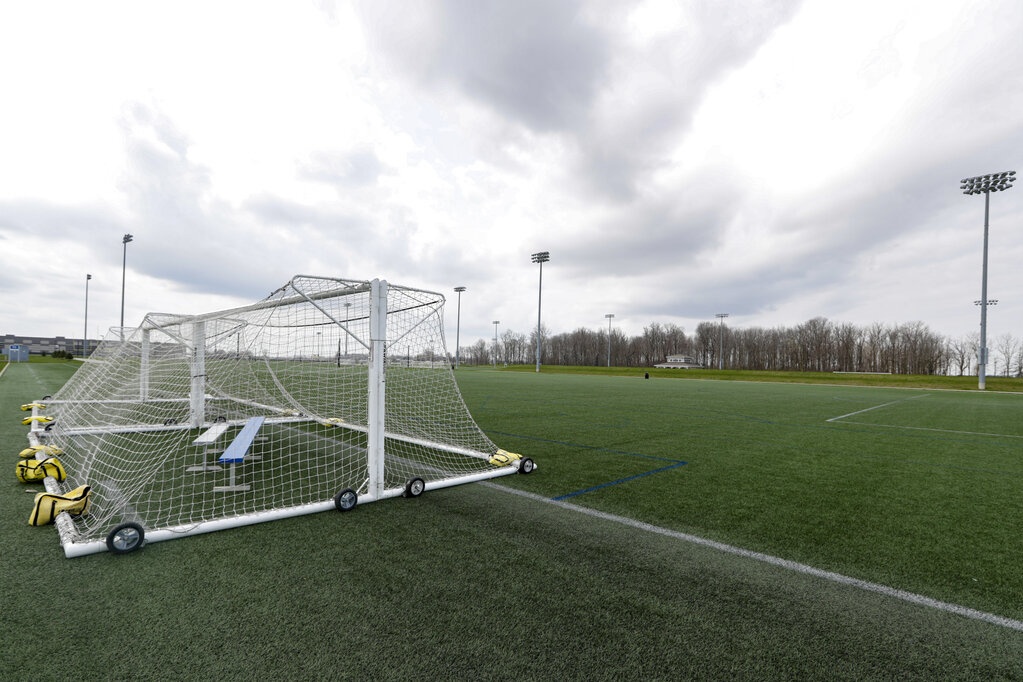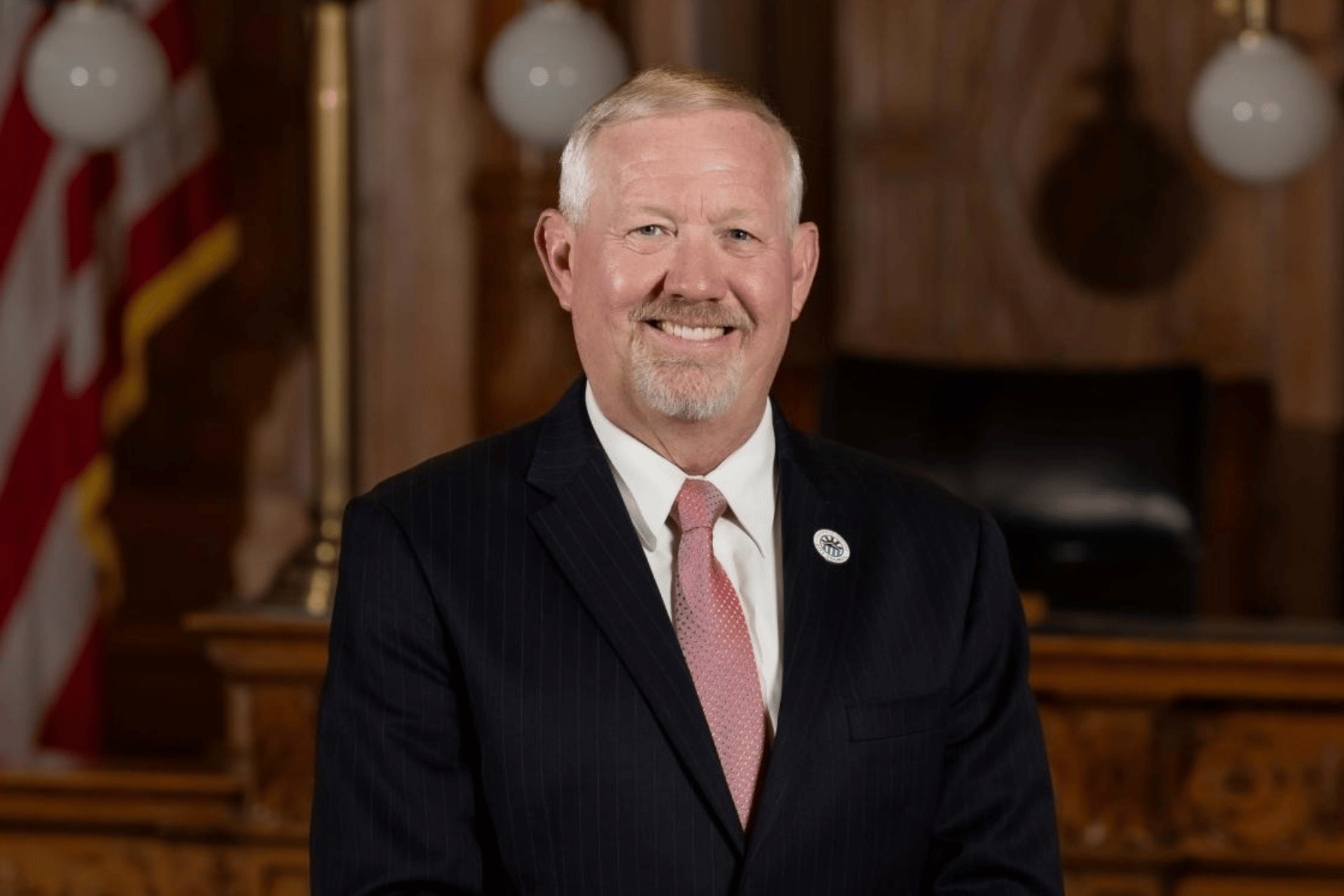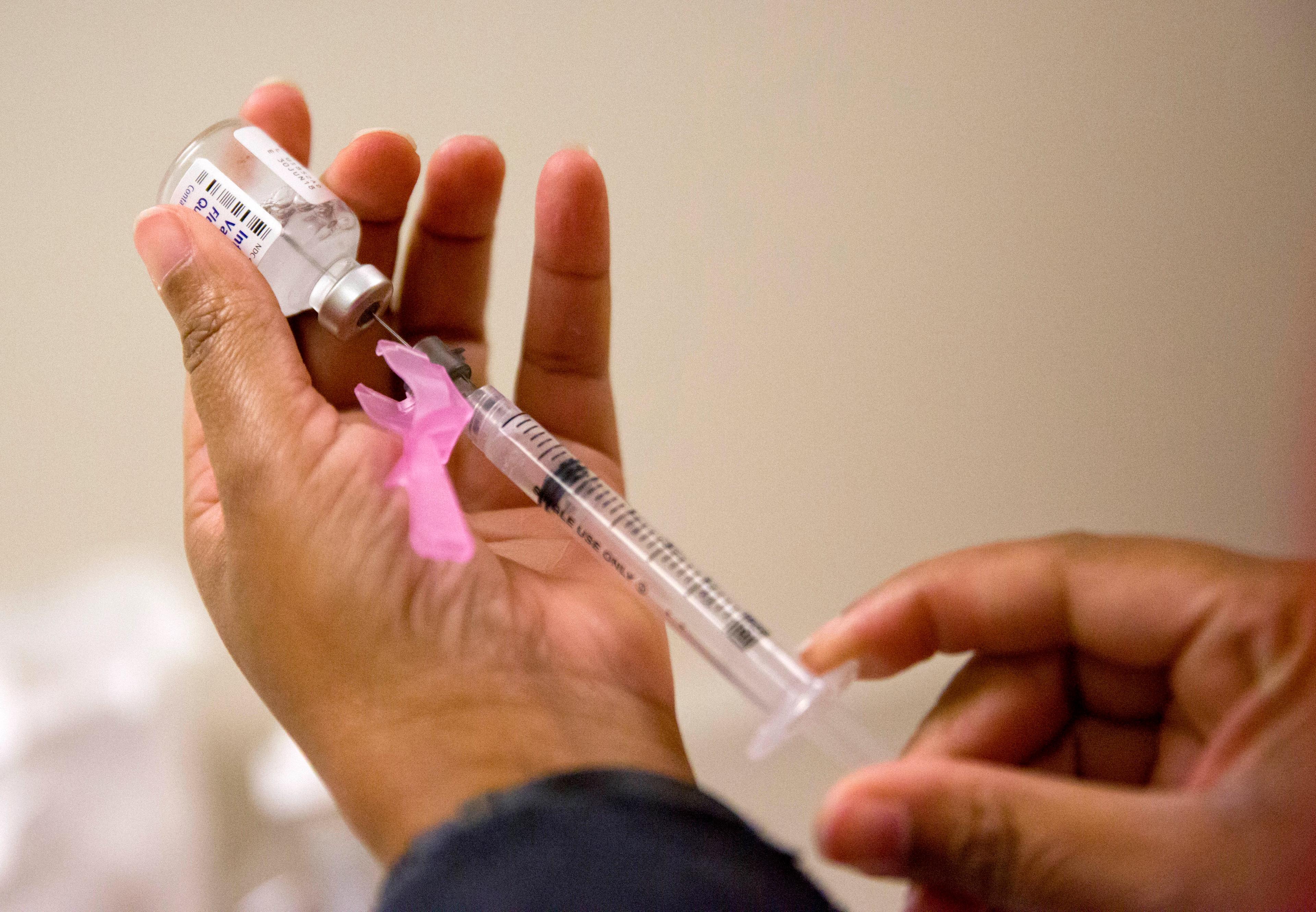
Two proposed ballot initiatives targeting transgender youth are one step closer to a spot on the 2026 ballot.
A three-member panel of Colorado officials known as the Title Board approved the petitions Wednesday. After completing another technical procedure, proponents can begin gathering signatures in a bid to be on the ballot.
One initiative would require K-12 and colleges to restrict participation on school sports teams to the participant’s sex, “as determined by certain aspects of their biological reproductive system.” The other proposes banning gender affirming surgery for transgender people under the age of 18.
Similar measures were rejected for the ballot last year because the board ruled they were too broad, violating the single-subject rule, which must be clearly expressed in its title.
Under the first measure, Initiative 70, “Male and Female Participation in School Sports,” K-12 schools and colleges must designate sports teams as male, female or co-ed and only allow students to compete on a team of their “designated sex” that is listed at the time of the student’s birth.
It would effectively prevent transgender students from competing on teams that align with their gender identity. Second, it bans anyone or any organization from filing a complaint, opening an investigation, or “taking other adverse action” against a school for maintaining separate sports for females. Finally, it gives the Commissioner of Education the authority to enforce the initiative at K-12 schools.
The measure is proposed by Rich Guggenheim, legislative director of the Colorado chapter of Gays Against Groomers and Republican strategist Michele Austin.
The initiative’s legislative declaration states that the biological differences between males and females are “immutable” and “manifest prior to birth.” It argues that sex-specific sports teams reduce the risk of physical injury to female athletes, promote equality between the sexes and provide opportunities for female athletes to compete against their female peers rather than against male athletes.
Objections
On Wednesday, the board considered arguments from attorney Mark Grueskin, representing a registered elector, that the measure be rejected because it takes on more than a single subject, such as mandating sex-segregated sports teams, but also giving unlimited enforcement power to the Commissioner of Education.
He argued the measure contains “multiple hidden elements” and is problematic because there is no basis for determining an athlete’s sex.
“We know there are certain school districts and certain schools that are simply more conservative and certain districts that are more liberal,” said Grueskin. “There are going to be differences in terms of how this is applied and how it affects individual athletes ... This will allow specific schools to do whatever they want without an appeal, without consequence, and without review.”
Attorney Scott Gesler, arguing for the proponents, said it’s not unusual that schools will have different procedures and different forms of proof.
“There is a law, this is a law,” he said. “It contains straightforward definitions and schools are required to follow the law.”
Opponents also argued the definitions of “male” and “female” are ambiguous and not readily understandable to most voters. The measure describes a female as “a person whose biological reproductive system is organized around the production of ova,” and a male is “a person whose biological reproductive system is organized around the production of sperm.”
Some Title Board members struggled over vagueness of the definitions, which one termed “anachronistic” and worried about “invasive, intrusive” examinations for a person presenting as female to determine whether their biological reproductive system is organized around the production of ova.
Gessler argued that a person’s sex could be determined through a cheek swab and DNA testing.
“So, you could swab a child's mouth to determine whether they can if they appear to be female and they could produce eggs?” Title Board chair Theresa Conley asked.
"Based on DNA testing, that is my understanding," Gessler responded, adding that the question is not whether they can produce eggs but whether their reproductive system is “organized around the production of that.”
Conley wanted to ensure the measure is clear to voters, which is “the benchmark of the single subject rule.”
A member of the public asked if the measure violates Colorado’s Anti-Discrimination Act, which prohibits discrimination based on gender identity. Conley responded that the Title Board doesn’t rule on matters of constitutionality.
The other measure, Initiative 71, “Prohibit Certain Surgeries on Minors,” was approved on a 2 to 1 vote. It would prohibit surgery altering a minor’s biological sex characteristics and prohibit any health care professional or other person from “knowingly performing, prescribing, administering, or providing any surgery or related medical care on a minor for the purpose of altering the minor’s biological sex characteristics.”
It would also ban state or federal funds, Medicaid reimbursement or insurance coverage from being used to pay for the prohibited medical interventions.
The board’s decisions can be appealed to the Colorado Supreme Court.









